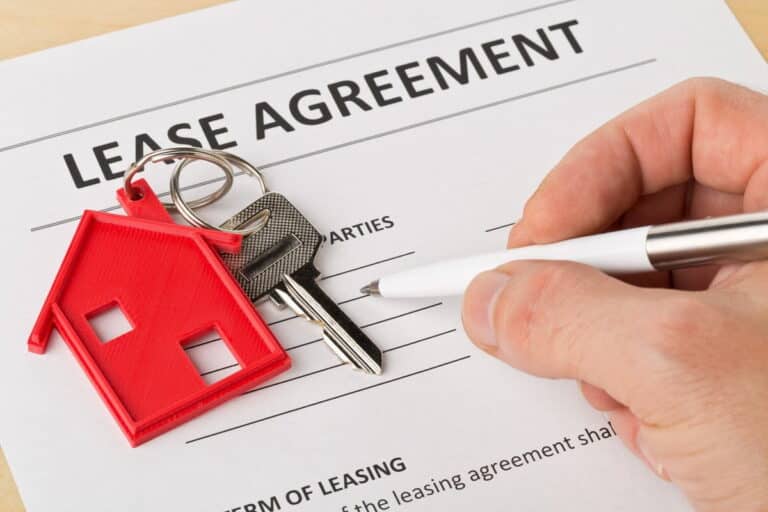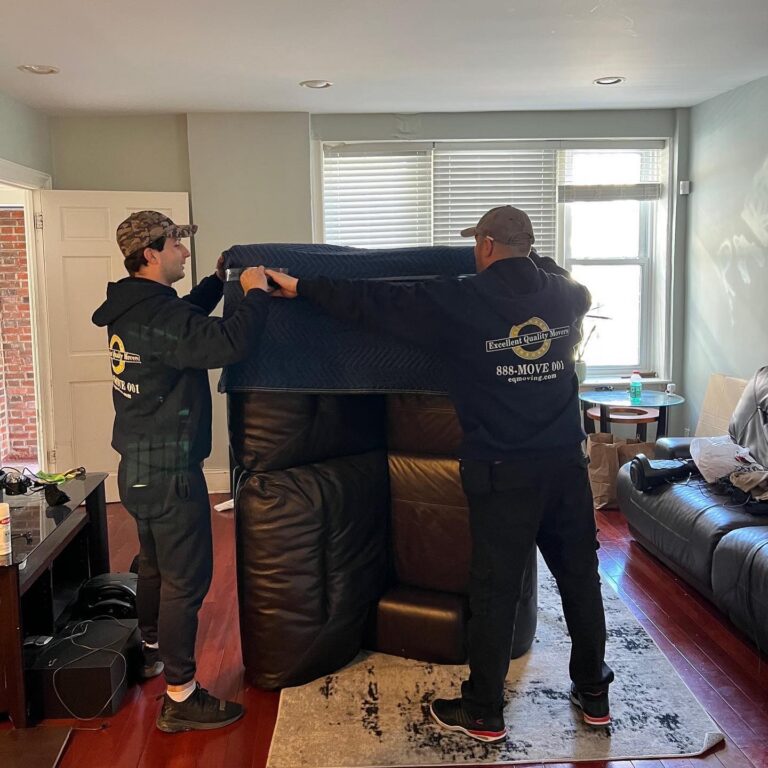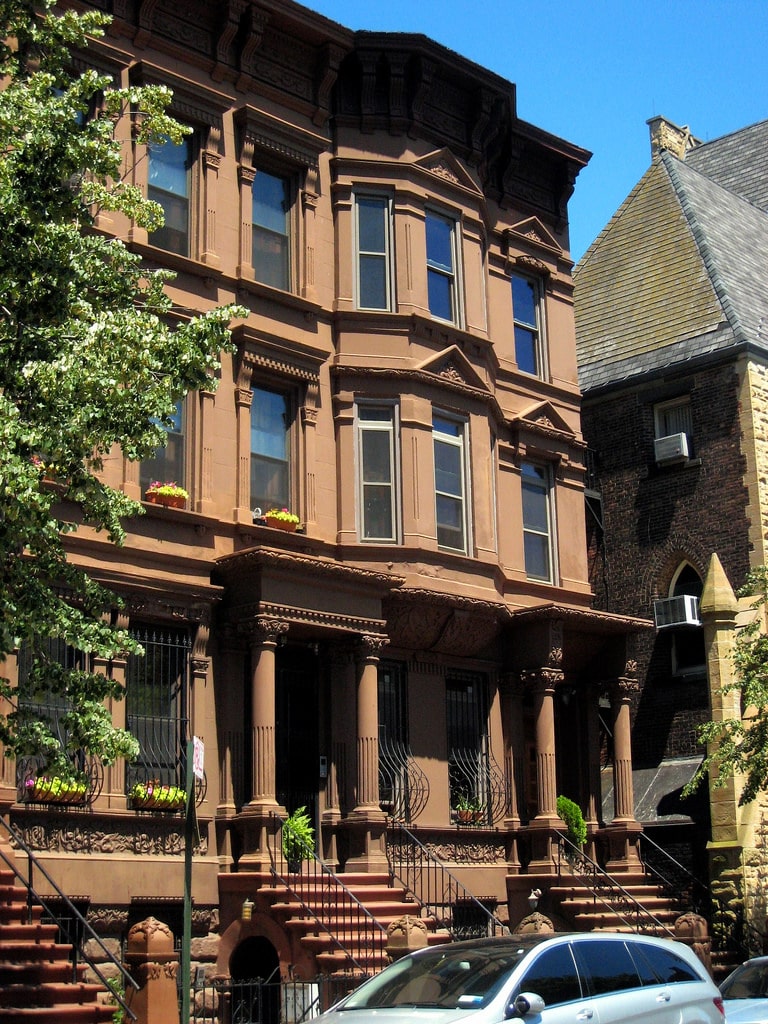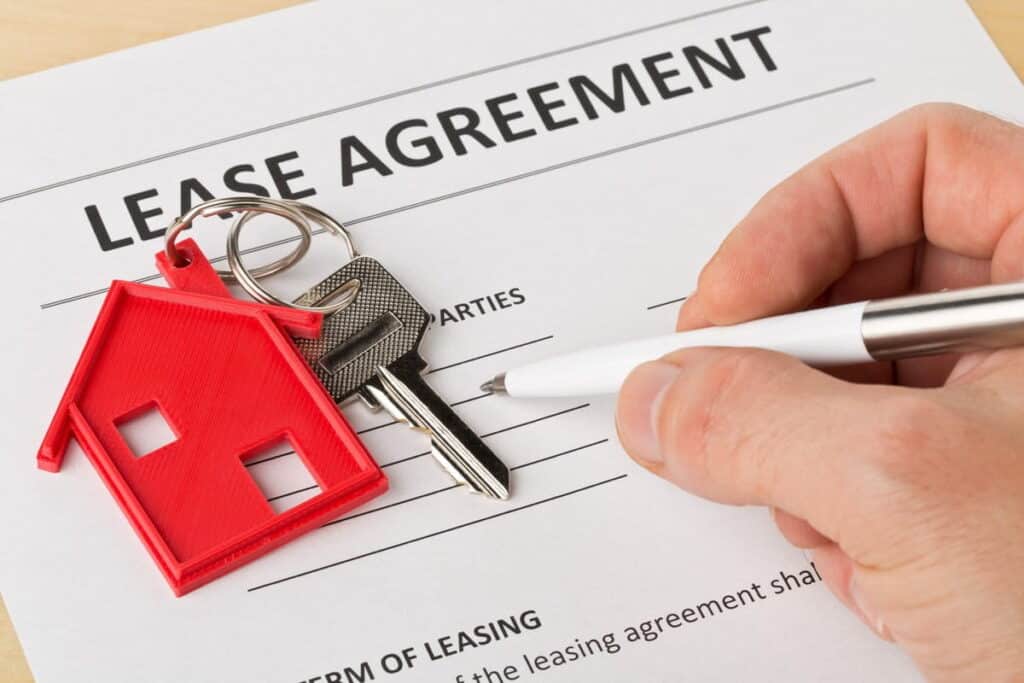You found the apartment of your dreams, your application has been approved, and your credit check has cleared. The next step is to sign your leasing agreement, and then happily moving in. But before signing your lease, here are some things to pay attention to, and to discuss with your future landlord.
Read your lease

Yes, those three (five, nine) pages look like a pretty boring read, but you need to read it all carefully. Whether this is your first rental or you are an experienced tenant, make sure you understand everything the lease says. As a rule, it has to include the next points: the monthly rent amount (and the amount of the security deposit), the day when the rent is due, the length of the lease, which utilities are included, and if there are any building rules. For example, some buildings don’t allow moving in before 10 am or after 5 pm. Also, make sure the lease also has your future landlord’ contact information.
Add the details in writing
Will you be able to get a pet? Can your cousin come live with you for a month? What if you decide to get a dishwasher at some point? Or if you are traveling, and cannot pay the rent on time?
Now, before signing your lease, is the perfect time to discuss all these, and any other questions, that come to your mind, with your leasing agent or landlord. Make sure to add any and all points to the lease in writing before you sign. For example, our lease has such notes as ‘one cat is fine’ and ‘no late fee if paid 3 or fewer days after the 1st of the month’.
Utility accountability
Usually, your lease will state who pays for heat, water, electricity and so on. Remember, you can still negotiate and try to get the landlord to pay for more utilities. Make sure to ask what is the policy in case there is no hot water or no heat during colder months. For instance, our previous landlord has provided us with heaters when the building heating system broke in winter. It was still chilly inside, but it was nice not to pay for the heaters ourselves.
Also, you can try to get a discount on utilities, if you are willing to help around. You could offer to shovel the snow in front of the building in winter or sweep up the hallways once a week – in exchange for a break in rent or utilities.
Changes you can make in the apartment
Make sure you understand what exactly you can change in your rental unit. Can you paint a wall or kitchen cabinets? Ask if you have to get the landlord’s approval on the new color, and will you need to paint it back before you move out. Can you remove the floor carpets, or will it result in a higher security deposit, so the landlord can change it back before the next tenants? Discuss any little thing that comes to your mind. And again, don’t forget to write it all down.
Keep the paper trail
Get the copy of your lease, security deposit check, and any of the other papers that you and your future landlord sign.
We hope that your dream apartment comes with a wonderful landlord, and our tips will help you start off your rental relationship on the right foot.








